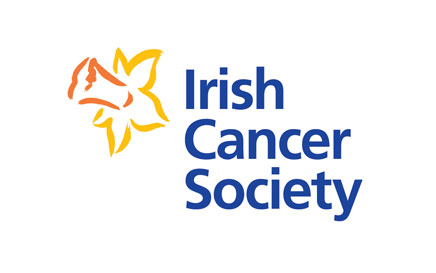
Sunscreen not coming up often enough in doctor visits
A few weeks ago, I visited the local state fair with my husband, son, and extended family. It was a toasty day and we spent most of the time carrying my six-month-old son around in our arms with his head and arms exposed to the sun. At least four times I was approached by a concerned grandparent worried about my baby’s sun exposure. Both my grandfathers have had skin cancer-related lesions removed from their face and neck and their doctors have told them it’s all been due to their years of working out in the sun. I can certainly understand their concern with my son’s well-being and after a little prompting, I covered him up more effectively. I’d like him to have healthy skin no matter how long he lives.
This risk of skin cancer is real and dangerous, but a new study has found that most doctors don’t even broach the subject of sunscreen and UV exposure during an average visit. The group was led by Dr. Kristie Akamine of Wake Forest School of Medicine and her study focused on data compiled from doctors’ offices between 1989 and 2010.
[b:1ifpgik3]Sunscreen hardly ever mentioned[/b:1ifpgik3]
In fact, just 0.07 percent of office visits contained mentions of sunscreen in patient conversations. If the visit was about a skin-related condition, the likelihood of sunscreen being mention raised very slightly—to 0.9 percent. The study was published in the journal JAMA Dermatology on Sept. 4.
[b:1ifpgik3]Children least likely to hear about sunscreen[/b:1ifpgik3]
Sunscreen was least likely to be mentioned in children’s visits. Akamine’s team explained, “[That finding] is concerning because children and adolescents get the most sun exposure of any age group, as they tend to spend much of their time playing outdoors. Up to 80 percent of sun damage is thought to occur before age 21,” they went on, “and sunburns in childhood greatly increase the risk for future melanoma.”
[b:1ifpgik3]UVA and UVB known carcinogens
[/b:1ifpgik3]
Two experts not involved in the study said sunscreen ought to come up more often in office visits, though they admitted, “With the increasing numbers of topics primary-care physicians may have to cover during an average office visit, it’s not surprising that mentioning sunscreen application may fall to the bottom of the list.” However, that doesn’t mean it should be left out entirely. Despite the trend young people have of tanning to make themselves look more attractive, the sun they are exposing themselves to is actually harming them, as scientists have found that both UVA and UVB are carcinogenic compounds that can cause skin cancer and premature aging.
- Log in or Register to reply
